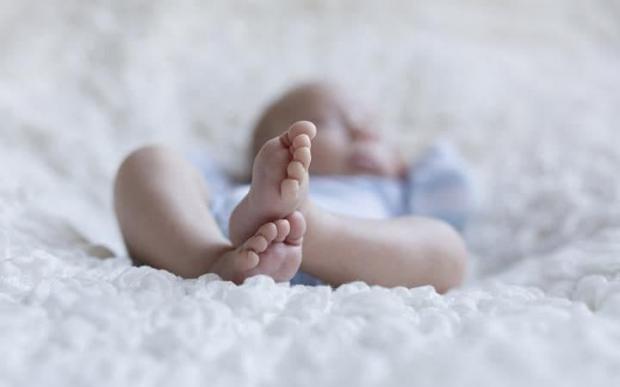
Breaking News
 James O'Keefe: My entire speech at AmericaFest 2025. We're not stopping. Join us to expose..
James O'Keefe: My entire speech at AmericaFest 2025. We're not stopping. Join us to expose..
 U.S. vs. Chinese Military Comparison – Focus on Asia-Taiwan Scenario
U.S. vs. Chinese Military Comparison – Focus on Asia-Taiwan Scenario
 DoJ Sues Four More States for Failing To Produce Voter-roll Data
DoJ Sues Four More States for Failing To Produce Voter-roll Data
 World's Largest Aviation Giant Abandons Google Over Security Concerns
World's Largest Aviation Giant Abandons Google Over Security Concerns
Top Tech News
 Perfect Aircrete, Kitchen Ingredients.
Perfect Aircrete, Kitchen Ingredients.
 Futuristic pixel-raising display lets you feel what's onscreen
Futuristic pixel-raising display lets you feel what's onscreen
 Cutting-Edge Facility Generates Pure Water and Hydrogen Fuel from Seawater for Mere Pennies
Cutting-Edge Facility Generates Pure Water and Hydrogen Fuel from Seawater for Mere Pennies
 This tiny dev board is packed with features for ambitious makers
This tiny dev board is packed with features for ambitious makers
 Scientists Discover Gel to Regrow Tooth Enamel
Scientists Discover Gel to Regrow Tooth Enamel
 Vitamin C and Dandelion Root Killing Cancer Cells -- as Former CDC Director Calls for COVID-19...
Vitamin C and Dandelion Root Killing Cancer Cells -- as Former CDC Director Calls for COVID-19...
 Galactic Brain: US firm plans space-based data centers, power grid to challenge China
Galactic Brain: US firm plans space-based data centers, power grid to challenge China
 A microbial cleanup for glyphosate just earned a patent. Here's why that matters
A microbial cleanup for glyphosate just earned a patent. Here's why that matters
 Japan Breaks Internet Speed Record with 5 Million Times Faster Data Transfer
Japan Breaks Internet Speed Record with 5 Million Times Faster Data Transfer
Umbilical cord blood from babies could help bring back memory for dementia patients

Dementia patients have been offered hope that their memory could be repaired after scientists showed that injecting blood from the umbilical cords of human babies restores brain function.
Researchers at Stanford University School of Medicine in the US discovered that cord blood contains an important protein which vanishes as humans get older. It is believed the protein encourages neuroplasticity in the brain, allowing neurons to adapt and communicate more effectively.
When human cord blood was injected into elderly mice they performed far better in learning and memory tests and even started nesting again, gathering up cotton wads to make beds, an instinctive behaviour that is largely forgotten in old age.
Alzheimer's Society head of research Dr James Pickett said: "Everyone experiences some decline in memory as they get older. The possibility that this process can be reversed by an infusion of young blood sounds like the stuff of science fiction, but this is what the study is beginning to show."
"This study finds that a factor in human umbilical cord blood can enter the brain and restore some of the processes that are essential for forming new memories."

 Advanced Propulsion Resources Part 1 of 2
Advanced Propulsion Resources Part 1 of 2

